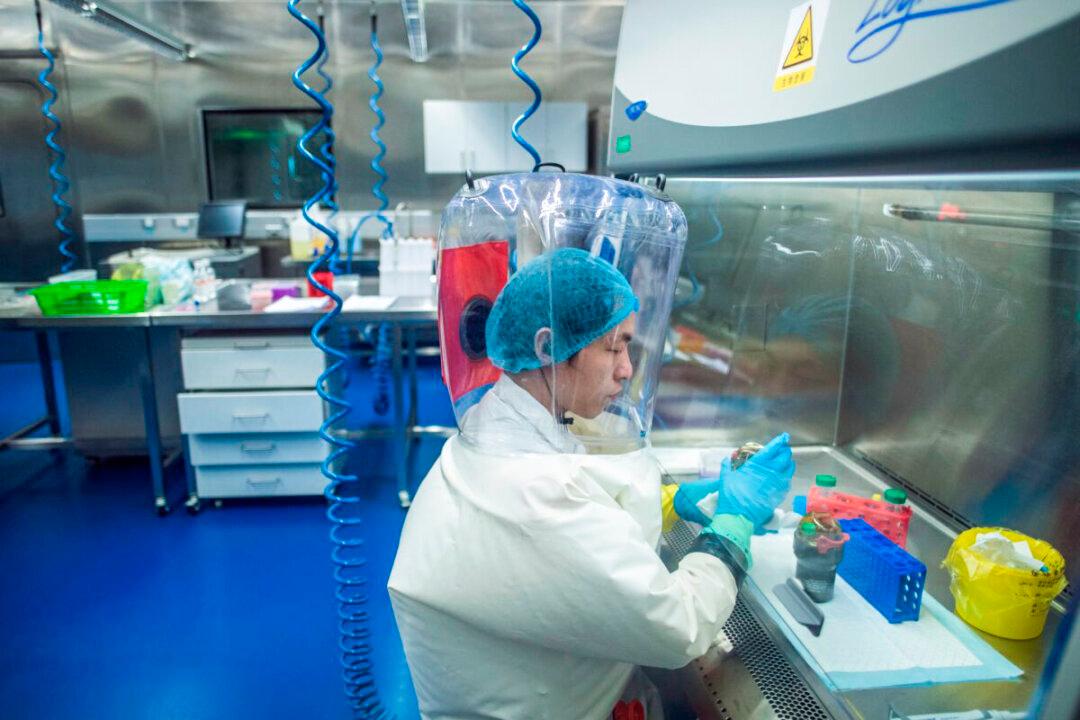State media in China have quietly scrubbed reports of an alleged Swiss biologist criticizing the United States’ efforts to investigate the origins of the pandemic, after Switzerland’s embassy in Beijing said the biologist was unlikely to be a real person, according to their records.
Swiss diplomats began searching for the biologist, named Wilson Edwards, after his name dominated Chinese state-backed media reports at the end of July.




